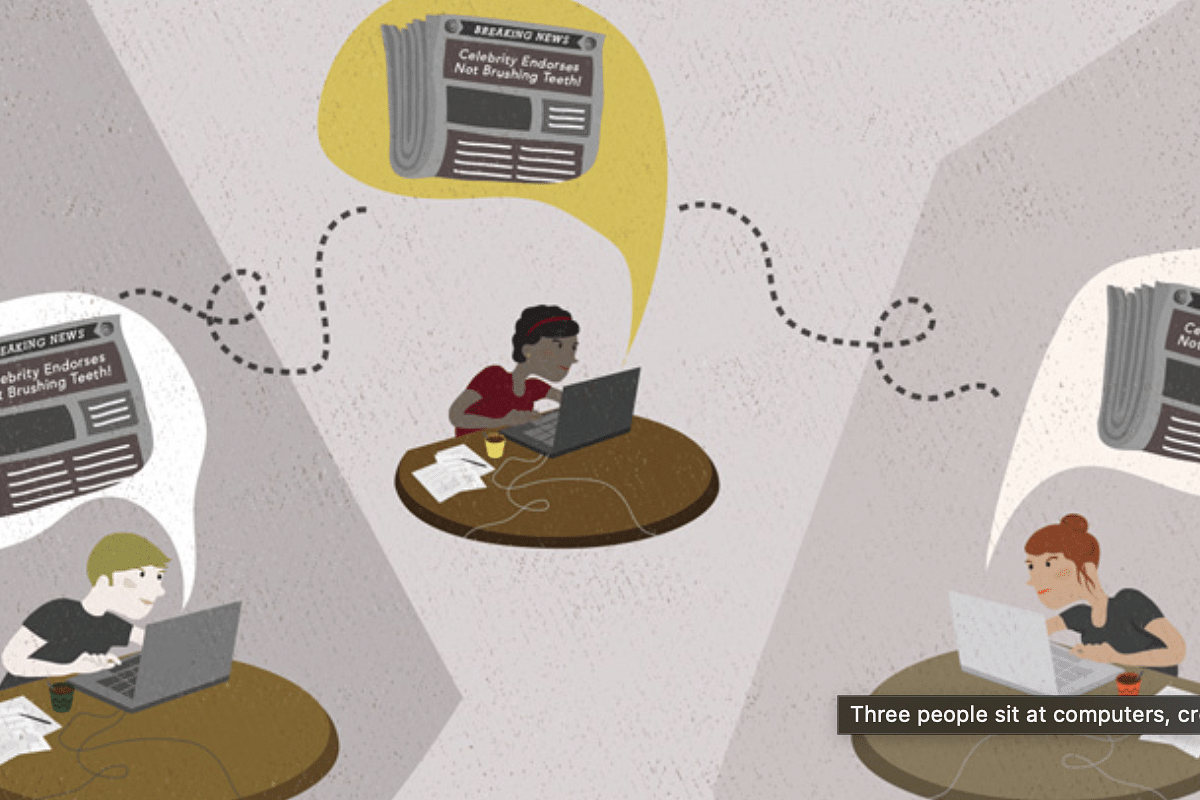News Brief
Step Towards Accountability: Online Fact-Checkers Could Face Centre's Registration

Representative Image (Pic courtesy: GCFglobal)
The upcoming Digital India Bill may reportedly include a key provision that requires online fact-checking platforms to obtain registration from the Centre.
This measure is being considered to increase the accountability of these platforms.
The registration plan may be implemented in phases, with fact-checking units of "legacy and reputed" media companies being allowed to seek registration in the first phase, The Indian Express reported citing a senior government official.
The Digital India Bill is expected to categorise various types of online intermediaries, including fact-checking portals.
The Centre's desire to prescribe specific rules to different types of intermediaries is a key reason for this categorisation.
For fact-checking platforms, one of these rules may be to seek registration from a government body.
The government is preparing a "comprehensive legal framework" for the online space, which includes upcoming legislation such as the Digital Personal Data Protection Bill, 2022, the proposed Indian Telecommunication Bill, 2022, and a policy for governance and handling of non-personal data.
According to the official quoted by IE, the Bill is in its final stages of drafting and that there is a consideration for fact checkers to be registered with the government.
Additionally, there is a plan to exempt "non-legacy" fact checking bodies from registration, the official added.
The Digital India Bill is expected to classify various types of online intermediaries.
As part of this, private fact-checking organisations may be required to register, which is separate from the fact-check unit proposed by the IT Ministry to vet online information related to the Centre.
The draft of the Digital India Bill is likely to be released by the end of June or early July.
IT Ministry could classify various online offences as punishable under the new Bill, including deliberate misinformation, doxxing, impersonation, identity theft, catfishing, and cyberbullying of children.
The Bill will also address user harms related to emerging technologies such as generative AI platforms like ChatGPT and Google’s Bard.
The Bill has the potential to disrupt some of the fundamental principles that currently govern online platforms, including the rewriting of norms for safe harbour.
In recent months, the Centre has made efforts to tighten regulations around fact-checking online content.
In April of this year, it notified the Information Technology Rules, 2023, which paved the way for the creation of a government-backed fact-check unit.
This unit will have the power to label online content related to the Union government as “fake” or “misleading”.
Online intermediaries such as social media platforms will be required to take down content flagged by the government body as a condition for ensuring safe harbour, the legal immunity they enjoy over third-party content.
This measure has faced significant backlash, including a court case, with calls being made to repeal the provision.
The Centre has informed the Bombay High Court that it will delay notifying the government fact-check body until 5 July.
As per a report by The Indian Express, the unit is expected to comprise four members, including a representative from the IT Ministry, one from the Ministry of Statistics and Programme Implementation, a "media expert," and a "legal expert."
Also, the Centre is reportedly in talks with the industry to establish a self-regulatory organisation for fact-checking information that is not related to the government.
According to The Indian Express, leading social media platforms such as Meta and Google have submitted a proposal to the Centre outlining their plans to create a network of fact-checkers called the Misinformation Combat Alliance. This alliance will be responsible for verifying questionable content posted on their platforms.
Support Swarajya's 50 Ground Reports Project & Sponsor A Story
Every general election Swarajya does a 50 ground reports project.
Aimed only at serious readers and those who appreciate the nuances of political undercurrents, the project provides a sense of India's electoral landscape. As you know, these reports are produced after considerable investment of travel, time and effort on the ground.
This time too we've kicked off the project in style and have covered over 30 constituencies already. If you're someone who appreciates such work and have enjoyed our coverage please consider sponsoring a ground report for just Rs 2999 to Rs 19,999 - it goes a long way in helping us produce more quality reportage.
You can also back this project by becoming a subscriber for as little as Rs 999 - so do click on this links and choose a plan that suits you and back us.
Click below to contribute.
Latest